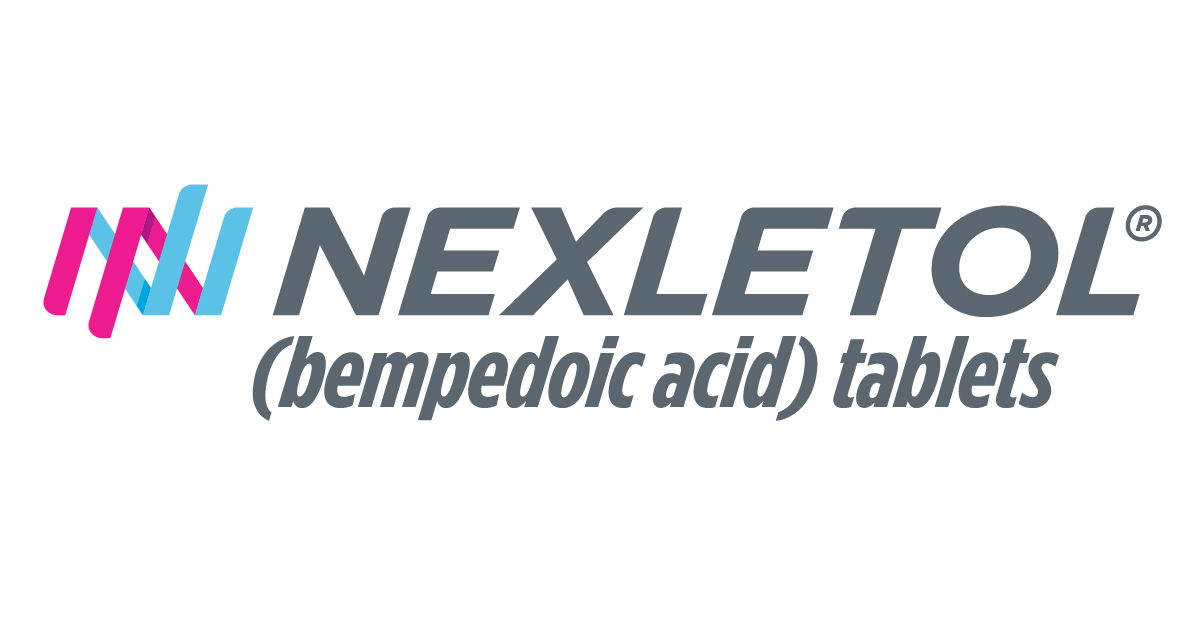Marco N Cognito
Member
1) I had on my last blood test a line on the lipid panel of Lp-PLa2. My level was 271(<325 in range) Is the Lp level you reference?
2) I had a talk with my wife tonight about the 23 and me. She and her sisters are against this because it leaves your biological info available to insurance companies for denial of claims at a later date if something should develop. Is there any validity in this?
I know that for a fact the juvenile profiles done at a youth court, if you take them up on the free offer of a pysch exam, can haunt you in your future. I have a niece who is still fighting this. It is still being dug up.
Lp-PLa2 is a different marker than Lp(a). When elevated, they are both atherogenic. In response to your second question, I would say that sounds like a conspiracy theory. I had my 23andMe.com test done 6 years ago and have filed probably hundreds of claims since with no issues.

















